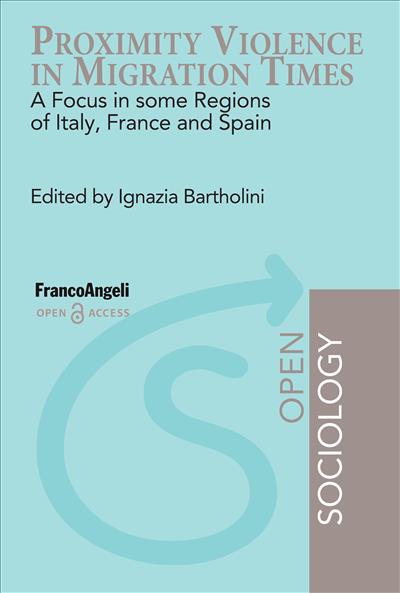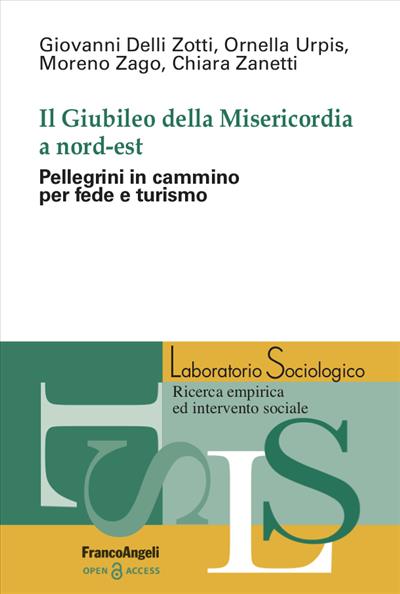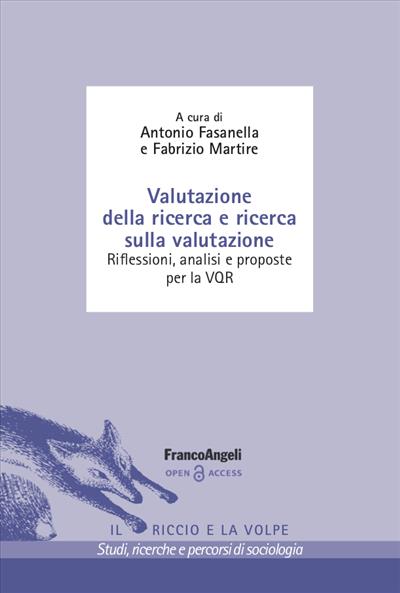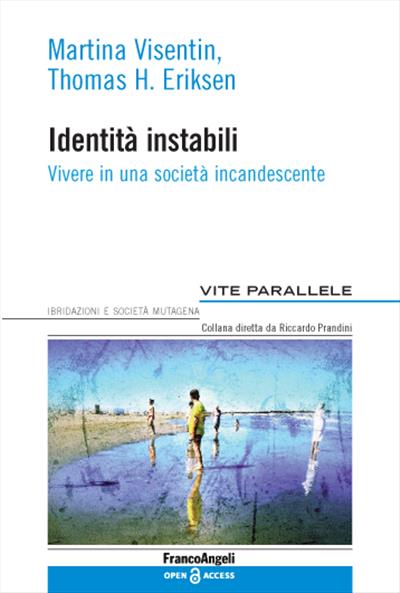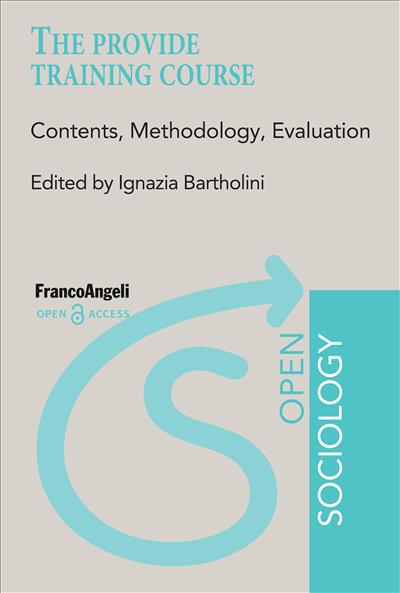
A cura di: Ignazia Bartholini
The Provide training course
Contents, Methodology, Evaluation
This volume describes the ideational effort required to design and implement a training-course model for "Experts in proximity violence". The Pilot project design has envisaged a framework where the concepts referring to broad reflections on the topic have be related to the professional skills to be trained. Proximity violence concerns multiple forms of gender-based violence which conceal, in turn, more subtle, intimate and viscous forms of dependence. The course was based on modules and availed itself of a "mixed" methodology, where theoretical lectures were interwoven with experiential workshops.
Pagine: 110
ISBN: 9788835101376
Edizione:1a edizione 2020
Codice editore: 11164.4
Informazioni sugli open access
